Lulu – so good we went twice
mainOur New York operavores, Elizabeth Frayer and Shawn E Milnes, were so smitten by their first Lulu at the Met that they cleared diaries and emptied the piggybank to see it again.
Some elements only became apparent to them second time around.
Two lessons (everything about Lulu comes in two-Lus):
1 If the Met wants to grow the audience it must keep showing stuff that folk have never seen before.
2 Maybe the Met should hand out slips offering departing operagoers a return ticket to the same show at 50% off.
Elizabeth and Shawn say:
I found the character action easier to follow this time around. I was a touch overwhelmed by Kentridge’s visuals at times in the first performance. This is not a criticism. Great art should have many levels and invite multiple viewings.
Sadly there is only one performance of Lulu left in the run. If you haven’t seen it, go. If you’ve already seen it, go again. I pray they revive this production in the coming years. I think there is much left in it to be discovered.
Read their full two-hand review here.
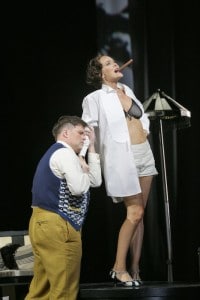

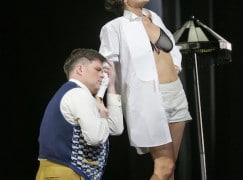

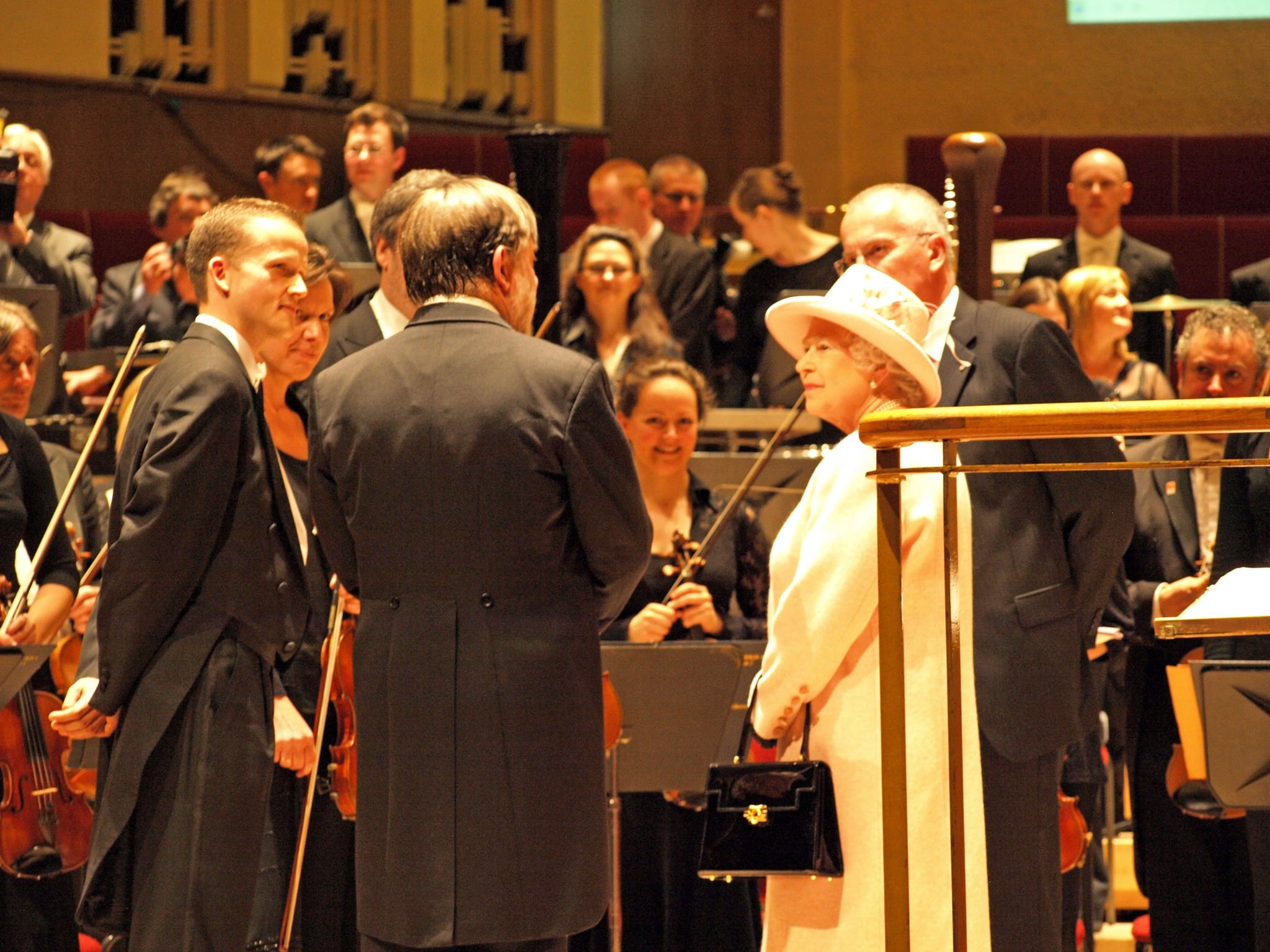
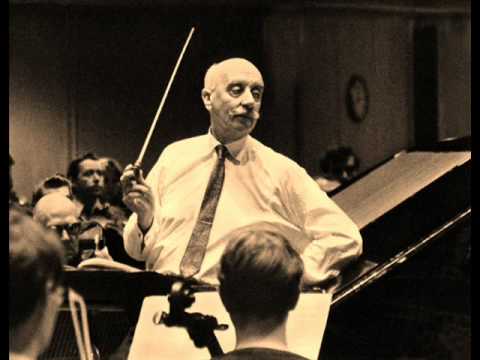
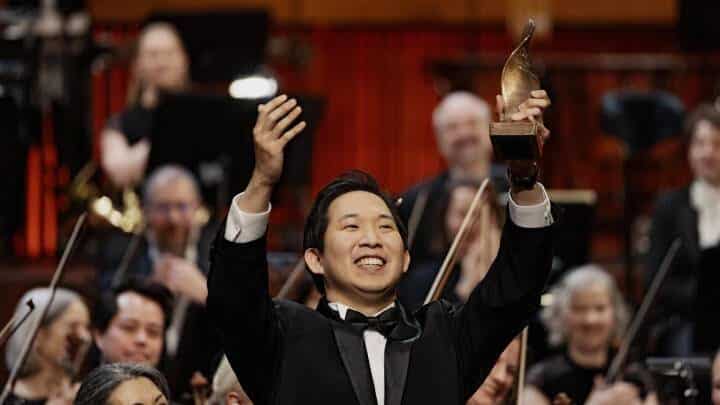
==Maybe the Met should hand out slips offering departing operagoers a return ticket to the same show at 50% off
A recipe for touting. The tickets will be bought (for small premium) from operagoers who only want to go once and then sold for a large markup on the night.
The Kentridge Lulu was an abomination: it obliterated Berg’s explicit stage directions (which had been scrupulously observed in the old Dexter production) that serve to make sense of the music and the dramatic structure and substituted all manner of “self-expression” that overwhelmed whatever vestiges of coherence that survived in a stage direction that put nearly all the action so far up-stage as to render a lot of the vocal writing inaudible. In short, Kentrdige demonstrated no faith in the music’s ability to articulate the drama. At best, it was a “Lulu for Dummies” and appealed to people of pretense who yet had little knowledge of the opera. Some in the house have speculated that the reason Levine abandoned this project without voicing his own apology about it was that he simply couldn’t abide what was happening on stage.
I agree. I’ve seen every Met Lulu production since they initially mounted the old two-act version with Carole Farley and I thought this one was a mess in comparison. I thought the singing was ok (although pitches were iffy) but setting aside the fact the more obvious staging issues, perhaps someone can explain the role of the woman writhing around on top of (and inside of) the piano stage right throughout the entire opera? It was pretty obvious what she was getting ready to do in Act 3, but I will leave that to the imagination. It was pretty distracting and added nothing – if, indeed, it was meant to add anything at all. For much of Act III scene 1 it was hard to tell what was going on at all. At least I couldn’t.
What I missed was all the of the humor (there is much, including the doings around the house when it seems everyone in Lulu’s life pops up, many of her remarks), the pathos (the Countess), or the desperation at the end. There was no human emotions that I could see. I think they call that acting. I DID like the pianist playing on stage during the opening of Act I, though.
Berg was always explicit to the nth degree about what he wanted in a score – and, in this case, on stage – to the extent of even notating Schoen’s writing from Lulu’s dictation of the break-up letter in canon at the end of Act I. To ignore that seems to me is like just ignoring the notes.
In short, this production was as silly as the Met’s Tosca production, where Scarpia decides to take a nap during Vissi d’arte and Tosca goes out swinging on a rope like Tarzan, but that’s another thing.
Perhaps, they might hire directors who have some history with the operas they are producing.
If any one wants to see the Met at its best with Lulu, all one has to do is to purchase a DVD of the Dexter production that was broadcast – not with Teresa Stratas, who was sick that day – but Julia Migenes as Lulu (she was the understudy and she was as close to perfect as possible in the role) and Evelyn Lear as Geschwitz. I saw it with both, and both were great (Stratas owned the role for that generation) but Migenes was truly special.
Saw it in HD last night. The production is fascinating and powerful; it fits quite well with the spirit of the story and the music. The singing was mostly good, but Marlis Peterson and Susan Graham were particularly outstanding.